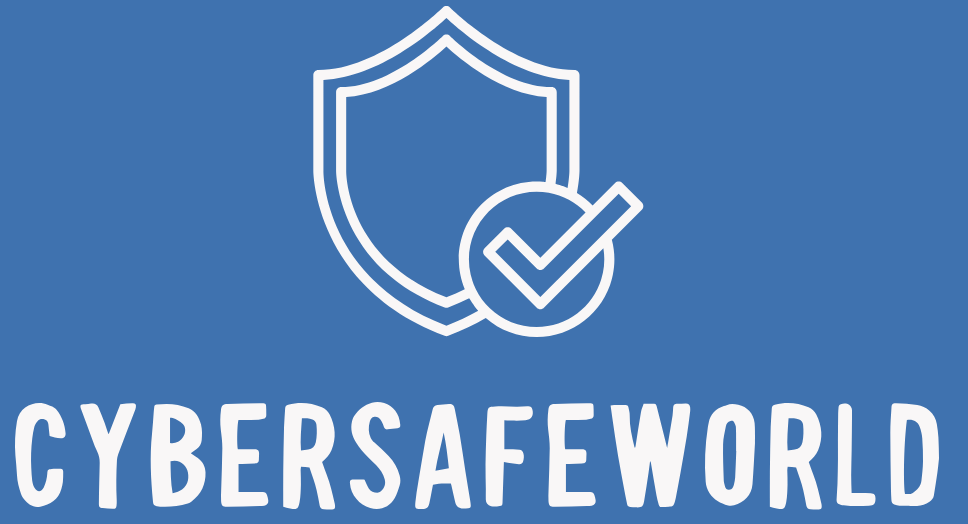The internet can be an amazing place — full of learning, creativity, and connection. But it also has a darker side that’s easy to overlook: cyberbullying. Whether it’s mean comments, spreading rumors, or posting embarrassing content, online harassment can hurt just as much as — or even more than — face-to-face bullying.
What makes cyberbullying so harmful is that it doesn’t stop when you leave school or work. It follows people home, on their phones, through social media, and into their private lives. According to a 2023 Pew Research report, nearly 60% of teens have experienced some form of cyberbullying. That’s a shocking number — but it also shows how important it is to build awareness and empathy online.
So, what exactly counts as cyberbullying?
It can take many forms:
- Sending or posting hurtful messages or threats
- Spreading false information or gossip online
- Sharing private or embarrassing photos without consent
- Creating fake profiles to harass someone
- Excluding someone from group chats or online spaces on purpose
Sometimes, it’s not even direct — it can be passive-aggressive comments, “jokes” that go too far, or posts made to embarrass someone indirectly.
Real-world example: A high school student named Emily (name changed for privacy) once shared a photo on social media, only for classmates to screenshot it, add cruel captions, and repost it across group chats. The situation spiraled quickly, affecting her mental health and confidence. Stories like this are all too common — but they remind us why digital respect matters.
So how can you protect yourself and others?
- Don’t respond or retaliate. Cyberbullies want a reaction. Ignoring their messages and blocking them cuts off their power.
- Save the evidence. If you or someone you know is being bullied, take screenshots of messages or posts. This helps if you need to report it to a school, platform, or even law enforcement.
- Report the behavior. Every major platform — Instagram, TikTok, Discord, etc. — has tools to report harassment or hate speech. Use them.
- Talk to someone you trust. Whether it’s a parent, teacher, or friend, don’t go through it alone. Speaking up is not weakness — it’s strength.
- Be mindful of your own words online. Sometimes, people say things online they’d never say in person. Before posting or commenting, ask yourself: “Would I say this to someone’s face?”
Cyberbullying thrives in silence. By speaking up, supporting victims, and modeling kindness, you help create a safer online community for everyone.
Digital respect means treating people online the same way you’d treat them offline — with empathy and understanding. Remember, behind every screen is a real person with real feelings.
At CyberSafeWorld, we believe that cybersecurity isn’t just about protecting data — it’s also about protecting people. Creating a safer internet starts with respect, compassion, and responsibility. Together, we can make the digital world a space where everyone feels valued and safe.
